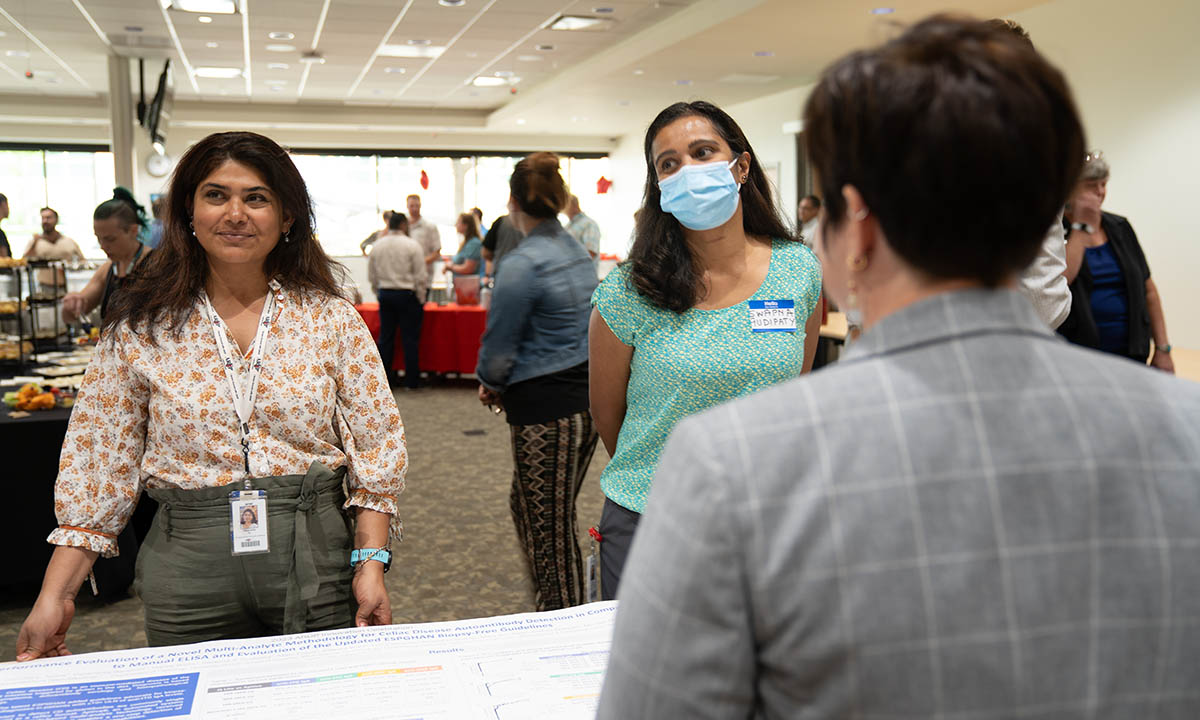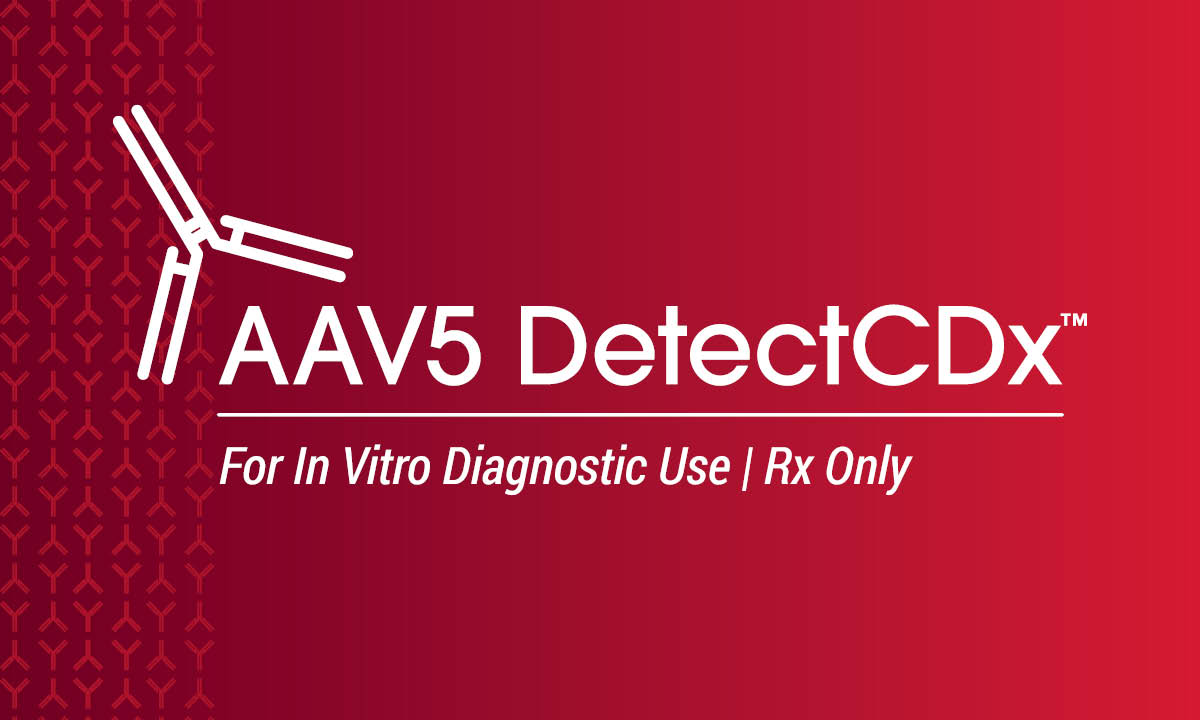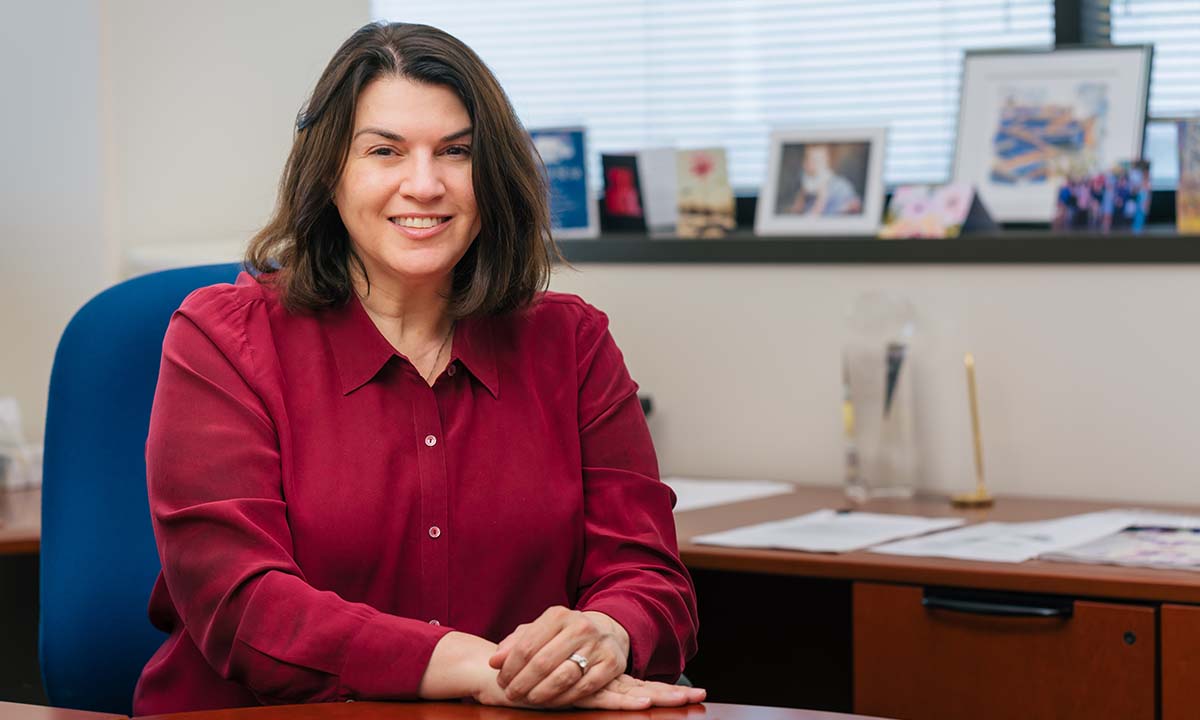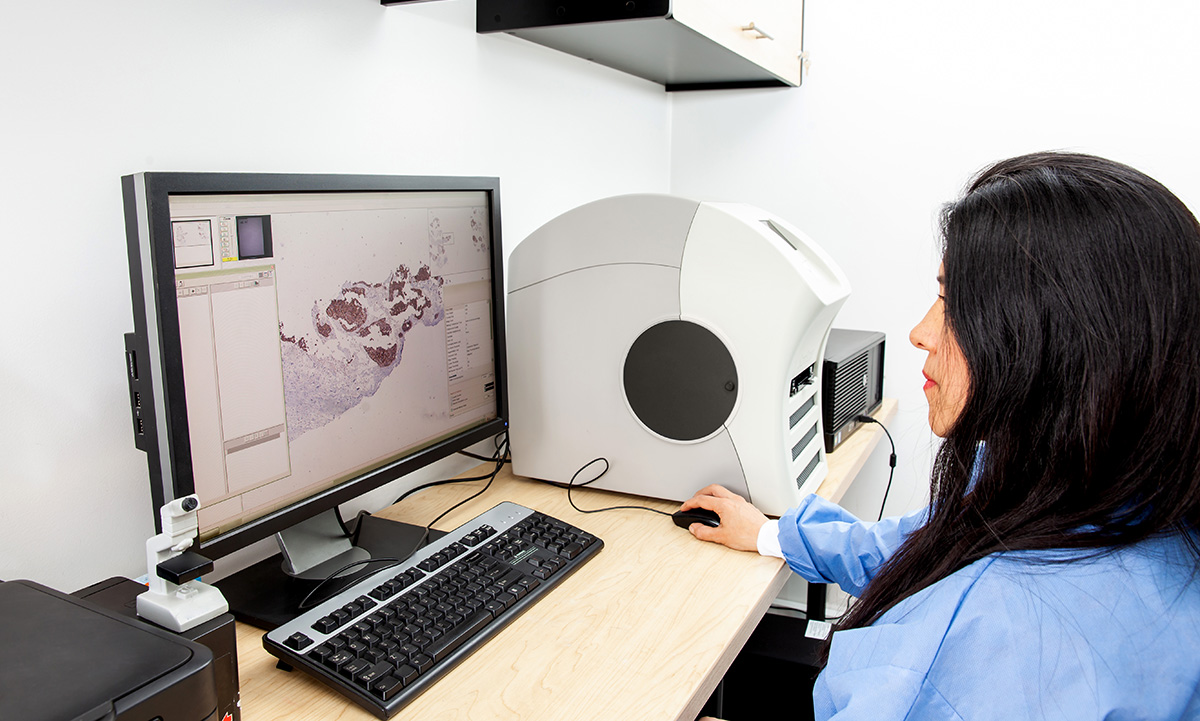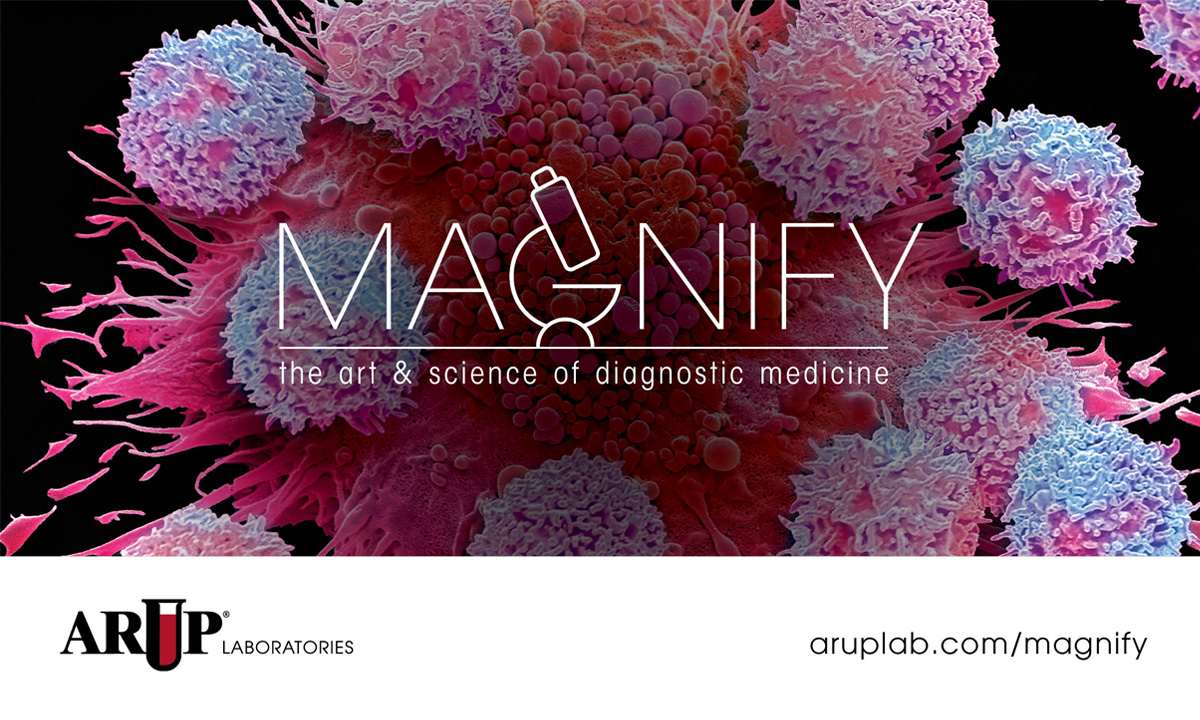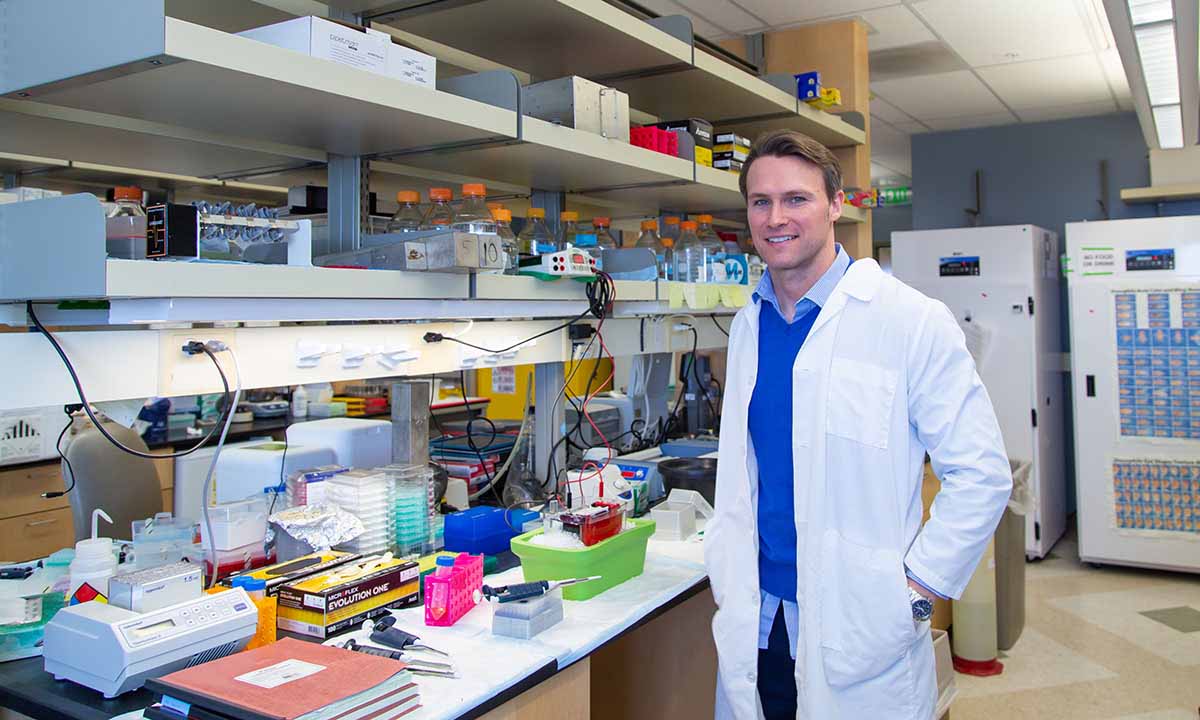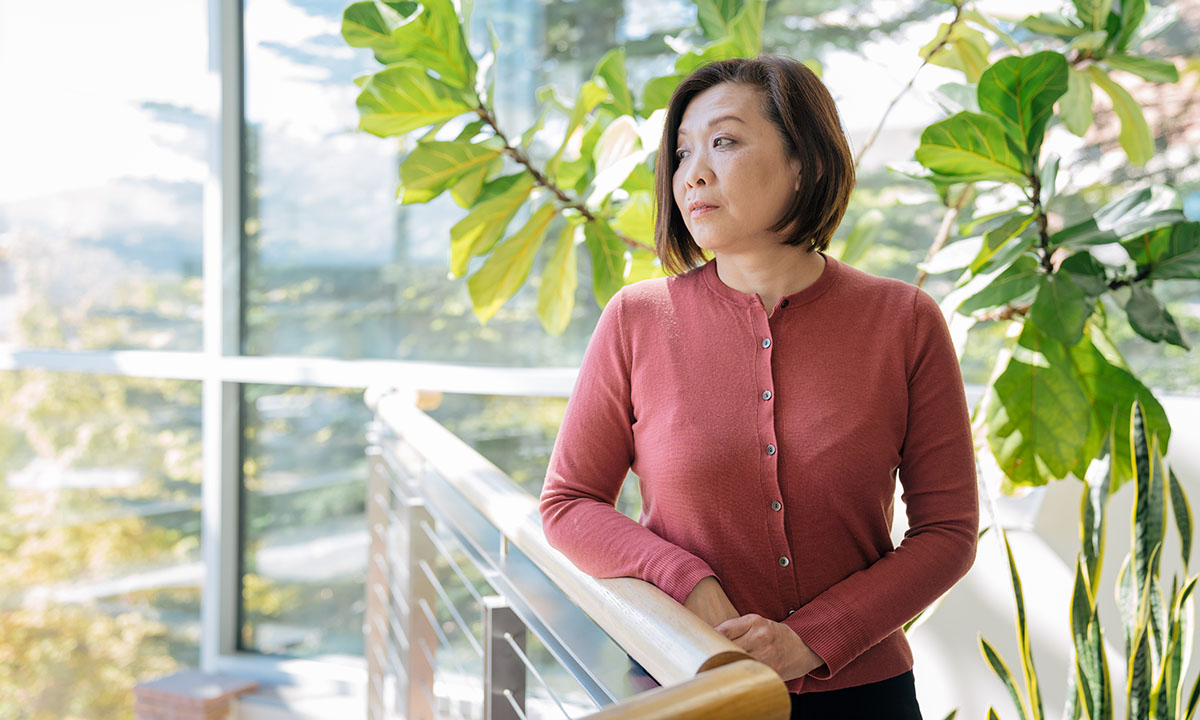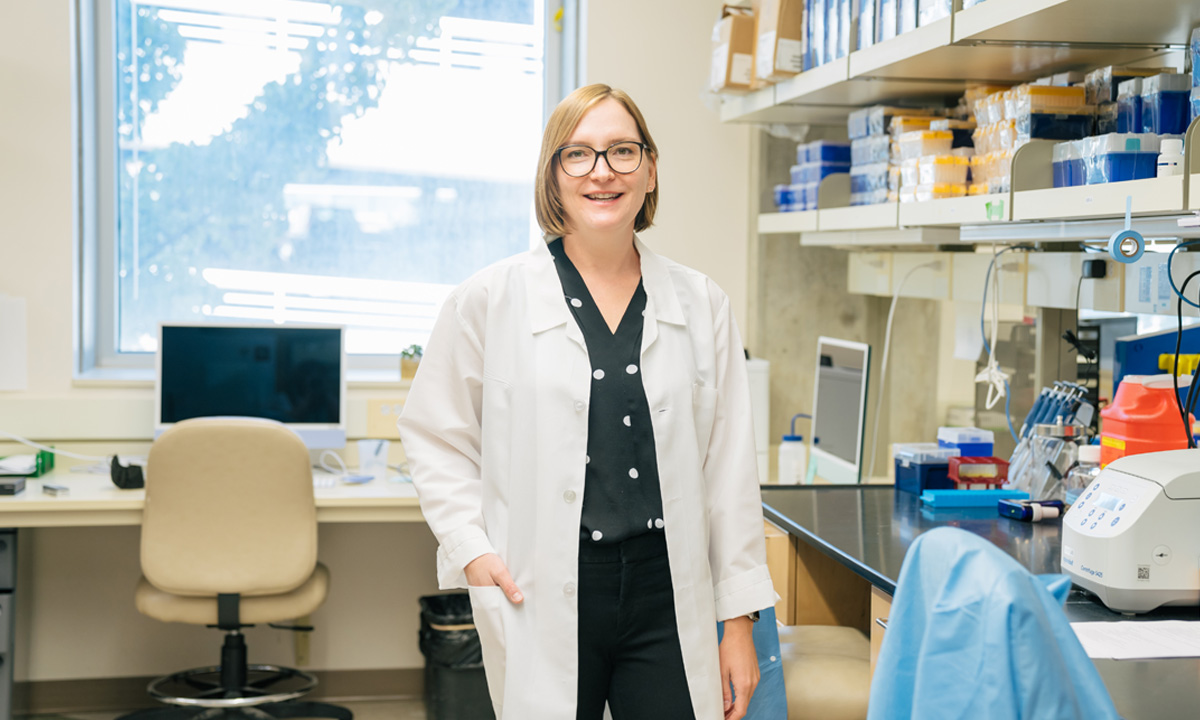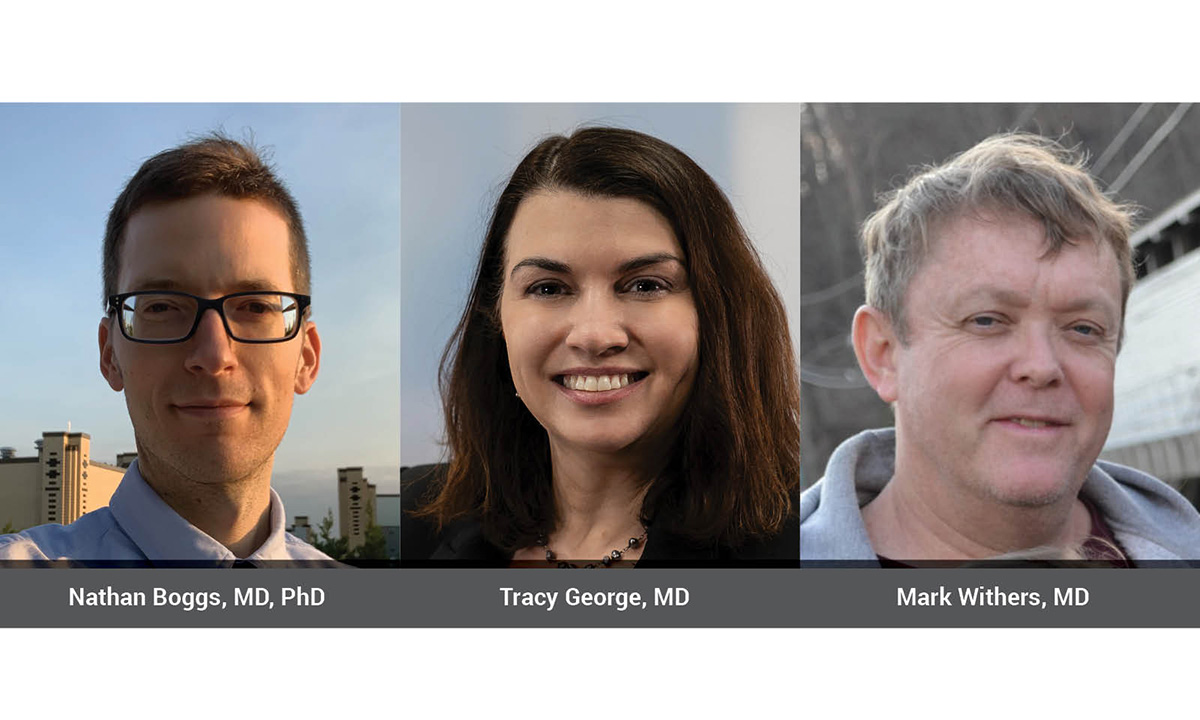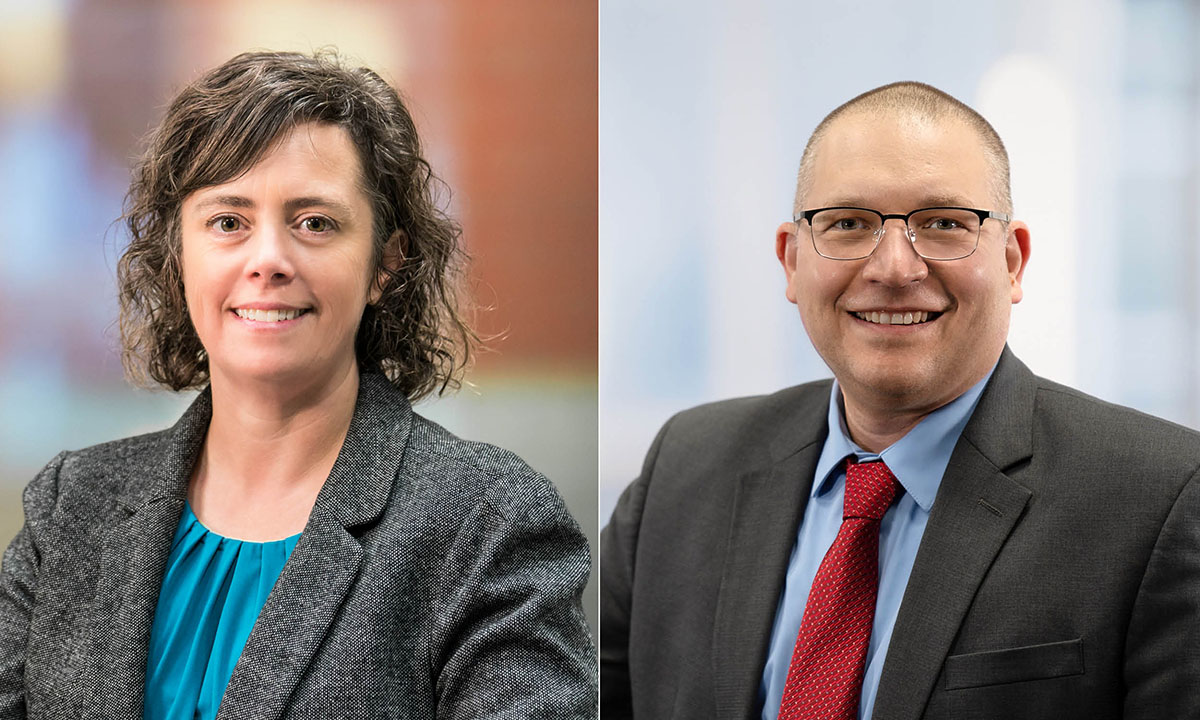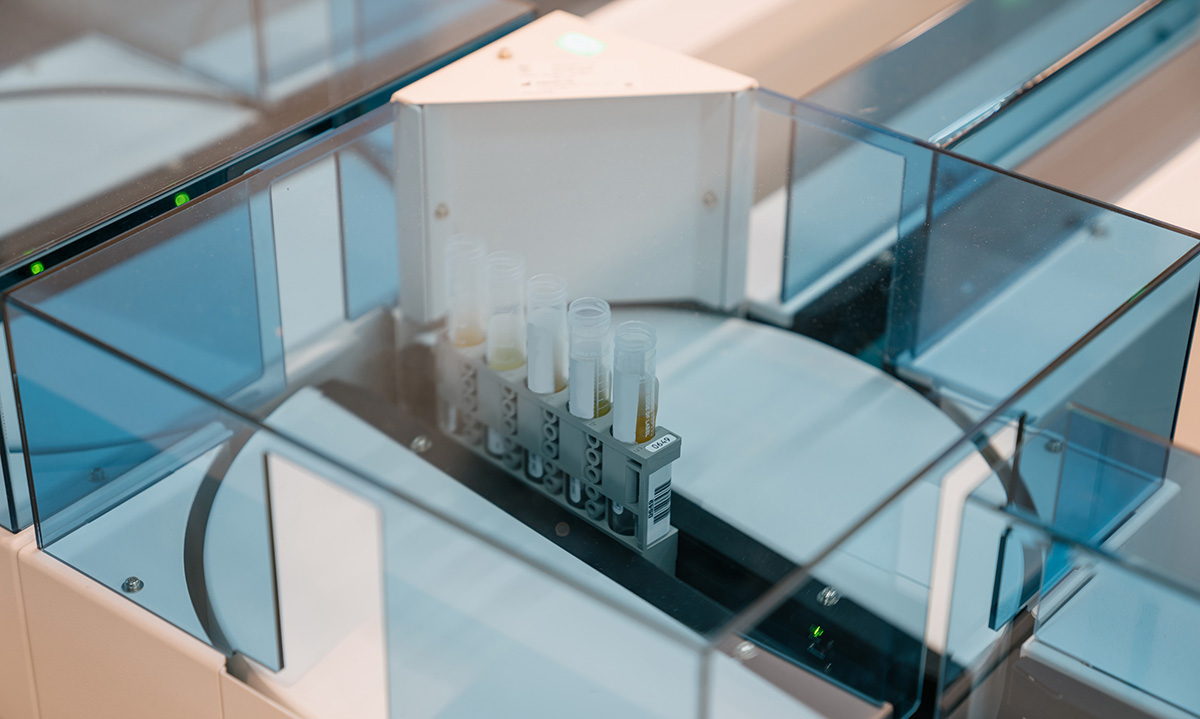A novel event organized by ARUP’s Patent Committee aimed to highlight creative solutions that may not lead to patents but still advance laboratory medicine and improve patient care.
ARUP Laboratories has received FDA approval for its companion diagnostic immunoassay, AAV5 DetectCDx™, which helps determine patient eligibility for a new gene therapy for severe hemophilia A.
ARUP’s Clinical Trials and PharmaDx groups supported Blueprint Medicines’ clinical trials that led to FDA approval for AYVAKIT® (avapritinib), a new treatment for indolent systemic mastocytosis.
ARUP and Gestalt Diagnostics announced a partnership under which ARUP will adopt Gestalt’s PathFlow® platform as a foundation for future digital pathology initiatives.
ARUP researchers coauthored more than 160 peer-reviewed articles on groundbreaking research in 2022. Their insights and innovation helped advance laboratory medicine for improved patient outcomes.
The Spring 2023 edition of Magnify: The Art and Science of Diagnostic Medicine, is now available online and explores the legacy and future of transfusion medicine at ARUP.
Drawing on ARUP experts' extensive knowledge about the diagnosis and treatment of cerebral creatine deficiency syndromes, a new initiative seeks answers for those with creatine transporter deficiency.
Rong Mao, MD, FACMG, looks forward to bridging the gap between laboratory and clinical practice after her recent election to the ACMGF board of directors, and will present at the ACMG meeting.
Allison Carey, MD, PhD, ARUP medical director of Hematopathology, was one of six U faculty members recognized for research excellence and invited to share their stories at the Vitae 2022 symposium.
For 20-plus years, Mark Withers had inexplicable episodes of a severe anaphylaxis-like phenomenon. ARUP’s unique expertise and highly sensitive tests help patients like him find the right diagnosis.
Laboratory-developed tests made up only about 4% of an academic health system’s total test orders in 2021, yet they played an important role in patient care, a new study shows.
The near total automation installed in ARUP’s Automated Core Lab increases capacity for testing, provides better turnaround times, reduces risk of human error, and improves staff satisfaction.

















